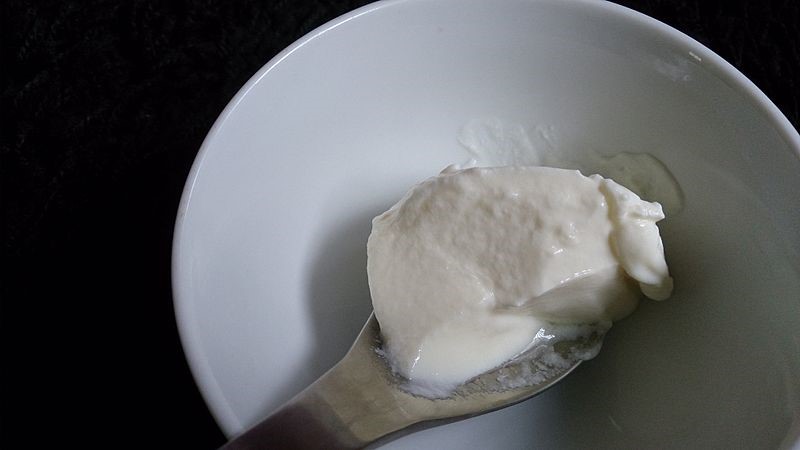We always propose this amazing food as the perfect basis for yummy but still healthy recipes. But, why is Greek yogurt so good? Let’s see its wonderful benefits and how having it as an addition or a fundamental basis for our nutrition is definitely a must!
It comes from a long tradition of cheese and for centuries it is consumed by many populations facing the Mediterranean, yet Greek yogurt has only found an exponential growth in recent years. Dense and creamy, often tasted in its white variety, this milk-based preparation conquers more and more consumers. But what are its nutritional characteristics as well as its main properties?
Today widespread throughout the world, and also consumed in varieties enriched with fruit, Greek yogurt is one of the most popular foods of recent times, from breakfast to afternoon snack. Below, basic information on Greek yogurt, the differences with classic yogurt, nutritional properties, and any health benefits.
Greek yogurt: what is it?
The Greek yogurt, as well as its classic version, is a food derived from milk, through the inoculation and proliferation of live lactic ferments: these transform lactose into lactic acid, giving the mixture a creamy density and a flavor, tending to acidulous, particularly characteristic.
Compared to the classic version, Greek yogurt differs both in terms of the final product and in the methodologies of preparation. This yogurt, developed in Greece since centuries ago, has, in fact, a denser consistency than the classic one, so much so that some variants are almost completely spreadable. This characteristic is due to the elimination, during the preparation phase, of the most acid whey, a fact that is also reflected on the taste: the Greek yogurt, in fact, is more delicate on the palate compared to the common type. The product is normally consumed white, but recently they have found very successful, also commercial, the variants enriched with fresh fruit, in particular blueberries, raspberries and forest specimens in general.
From a nutritional point of view, the characteristics of Greek yogurt vary according to the preparation processes, as well as the conservation methods. In general, about 115 calories are obtained per 100 grams of product. On the macronutrient side, and for the same amount of product, about 9 grams are represented by fats, followed by 6.5 of proteins and 2 grams of carbohydrates, while the largest portion of the weight is represented by water. Very interesting is the contribution of minerals and vitamins: this yogurt is indeed rich in potassium, sodium, calcium, iron, and phosphorus, to which are added the vitamins of groups A, B1, B2, and B3.
Although among the macronutrients the fats are those from the most substantial portion, their content remains however limited on the total and, for this reason, the Greek yogurt can be considered as a wholly lean food, ideal also for the most rigid diets. There are several benefits that are attributed to this food, especially on the digestive system: as is also the case for classic yogurt, the richness of live lactic cultures helps to build up the natural flora of the intestine, bringing regularity in transit for situations of constipation or, again, strengthening the immune system in case of too frequent discharges.
The good supply of calcium is certainly useful for strengthening the bones, while the production processes allow, compared to the classic yogurt, to eliminate a much greater portion of lactose: this makes the product highly digestible. It is also useful in periods of tiredness or high physical effort, thanks to the regenerating potassium, but also for diets controlling hypertension since the sodium portion is lower than traditional yogurts.
